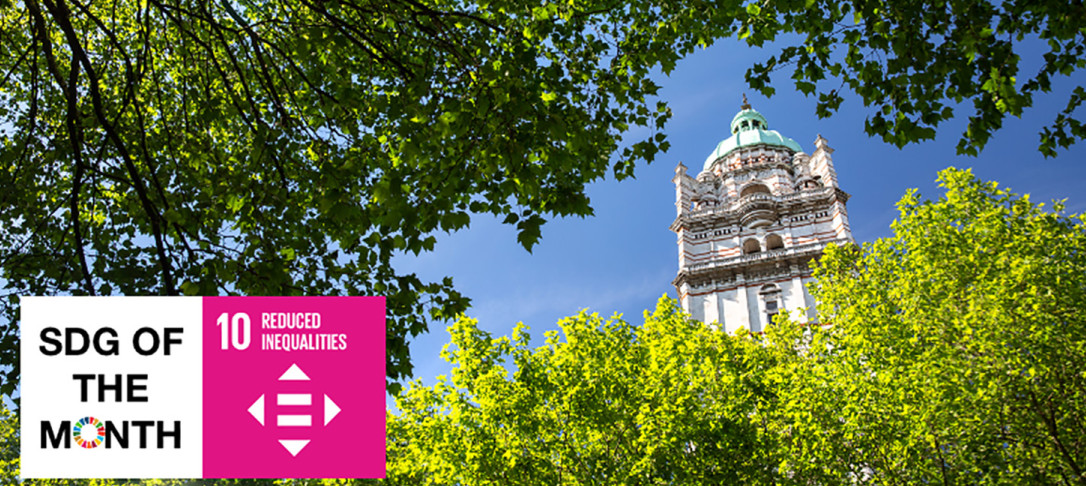
The COVID-19 pandemic has shone a spotlight on the importance of digital technologies for studying, communicating, trading, shopping, working and participating in much of modern life. However, due to the digital divide, nearly half of the world’s populations have been denied these opportunities during the pandemic, exacerbating global inequalities and providing a barrier to achieving the UN’s goal of reducing inequalities by 2030. To address this growing divide, the UN Commission on Social Development has highlighted the need to understand how digital technologies can be harnessed to support human development in an increasingly digital world. The Global Development Hub brings together an esteemed panel to discuss how the COVID-19 pandemic is affecting the digital divide and what is being done to address the gap between the under-connected and the highly digitised to help spread the benefits of technology in the new online age.
Speakers
Sunita Grote – UNICEF
Sunita Grote leads the Ventures team within UNICEF’s Office of Innovation and manages the UNICEF Venture Fund. UNICEF Ventures explores how emerging frontier technology can accelerate results for the most marginalized children across the organization’s global programmes. She steers UNICEF’s co-leadership of the Digital Public Goods Alliance, a network of partners who collectively contribute to the discovery, development, and deployment of digital public goods. Sunita has a background in innovative financing and previously spent 10 years working in the global HIV and health response based mostly in the UK and in South Asia. She is an Imperial College alumna and also holds an MBA from INSEAD.
TBC – African Institute for Mathematical Sciences (AIMS)
Established in 2003, the African Institute for Mathematical Sciences (AIMS) is Africa’s first and largest network of centres of excellence for innovative post-graduate training in mathematical sciences. Their aim is to enable Africa’s youth to shape the continent’s future through Science, Technology, Engineering and Mathematics (STEM) education, public engagement and research. AIMS has five centres of excellence in South Africa, Senegal, Ghana, Cameroon and Rwanda and several postgraduate programmes including the African Masters’ in Machine Intelligence which aims to bring the best of AI education in Africa and build AI practitioners committed to making a positive impact on society.
Sophie Coronini-Cronberg – School of Public Health, Imperial College London
Sophie Coronini-Cronberg is a Consultant in public health at Chelsea and Westminster NHS Foundation Trust, Implementation Lead for NIHR ARC North West London, and an Honorary Senior Lecturer at Imperial College in the Department of Primary Care and Public Health. She is the co-author of Health inequalities: the hidden cost of COVID-19 in NHS hospital trusts?and COVID-19 is magnifying the digital divide, articles that explore the nature of health inequalities relating to the response to COVID-19 and the digital divide, and suggests approaches to reduce them.
Professor Tommaso Valletti – Business School, Imperial College London
Tommaso is the Head of the Department of Economics and Public Policy at the Imperial College Business School and is the Non-Executive Director to the board of the Financial Conduct Authority. His main research interests are in industrial economics, regulation and competition economics and has used this understanding provide advice to Ofcom, The European Commission, OECD and The World Bank on such topics as network interconnection, mobile telephony markets and spectrum auctions. Tommaso’s research has also investigated the digital divide in accessing broadband in the UK and the impact of this on informing and engaging the voting populace.